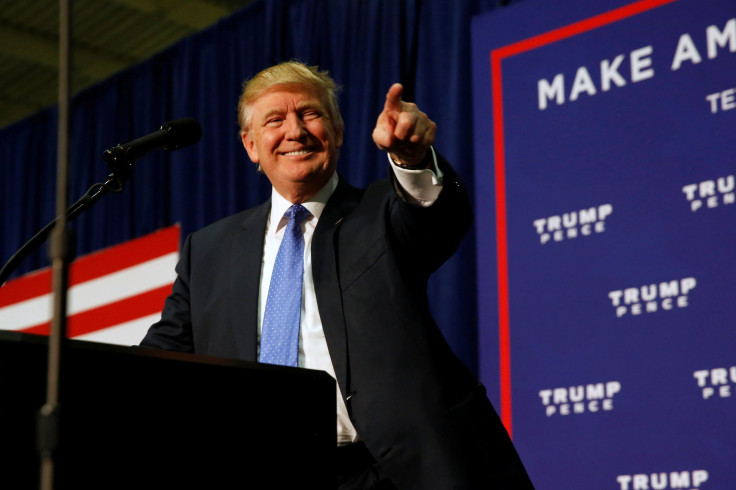Election Violence 2016: Videos Of Mob Outrage When A Major Candidate Doesn't Accept Results

Republican Donald Trump's vow to challenge election results in November has raised questions about whether his supporters will respond with violence if he loses the White House.
When asked during the third and final presidential debate Wednesday whether he would accept voters' decision, Trump said, "I will look at it at the time." "I will keep you in suspense," he added.
"That’s horrifying," Democrat Hillary Clinton responded. "I am appalled that someone who is the nominee of one of our two major parties would take that position."
Trump's remarks for many echo a shift in American politics. In the U.S., the transition of power has always been peaceful, unlike in some nations in Asia, Europe, Latin America and Africa, where disputed election results have lead to riots and civil war.
Rick Hasen, a University of California-Irvine professor who runs the Election LawBlog, said he worried Trump's refusal to concede the election will result in violence.
"There was no hedging from Trump, as in ‘of course I’d accept the results unless the results were very close and there was room to contest things’. Nothing like that. This is the full Breitbartization of the election,” Hasen wrote on his blog after the debate, referring to the alt-right website Breibart that supports his campaign. "It makes me worry about violence in the streets from his supporters if Trump loses."
Vox also warned that Trump's supporters won't be willing to go quietly into the night if Clinton wins the White House. "All it takes is a few people to cause massive violence and instability. Even if only a few Trump supporters are die-hard enough to try to launch a coup on a Clinton presidency, or to take out their anger on people who look like unauthorized immigrants, there are more than a few Trump supporters in America. There are handfuls and handfuls," the site wrote Thursday.
Just how ugly could it get? The International Foundation for Electoral Systems defines electoral violence as "any harm or threat of harm to any person or property involved in the election process, or the process itself, during the election period." Here's a round-up of major and recent incidents of election violence around the world:
Gabon
In September, protesters clashed with police on the streets of Gabon's capital city of Libreville after presidential election results showed incumbent President Ali Bongo defeated opposition candidate Jean Ping by a very slim margin. The National Assembly building was set on fire and three people died in the violence.
Guinea
Civilians were shot, raped and beaten to death ahead of Guinea's presidential election in 2015. President Alpha Conde easily won re-election against opposition leader Cellou Dalein Diallo, who urged his supporters to protest against fraud.
Zimbabwe
The capital of Harare saw 200 people killed during the 2008 presidential election season in a state-sponsored crackdown on the opposition. "Beatings, intimidation and sporadic killings were part of every ballot since the opposition emerged as a coherent force in 1999. But never before has it generated such widespread fear that even urban critics of the government have gone into hiding," the Guardian wrote.
Venezuela
A prominent opposition politician was shot dead at a political rally just days ahead of the country's 2015 parliamentary election. Critics said the Leftist government of Nicolás Maduro was behind the killing.
© Copyright IBTimes 2025. All rights reserved.






















